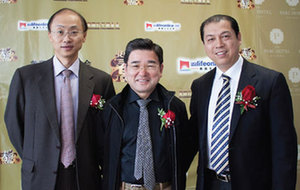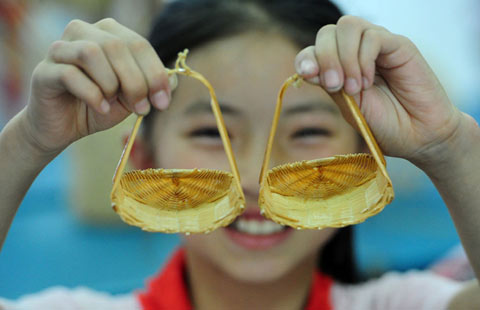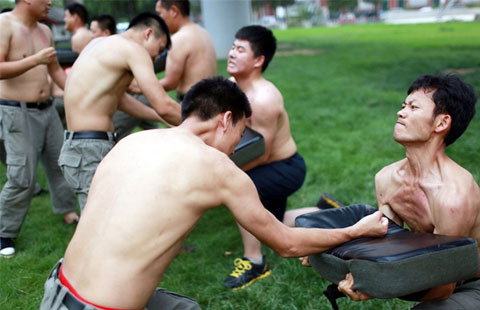From 'Barefoot' doctors to medical pioneers
Updated: 2014-06-17 10:07
By Sun Li and Hu Meidong (China Daily)
|
||||||||
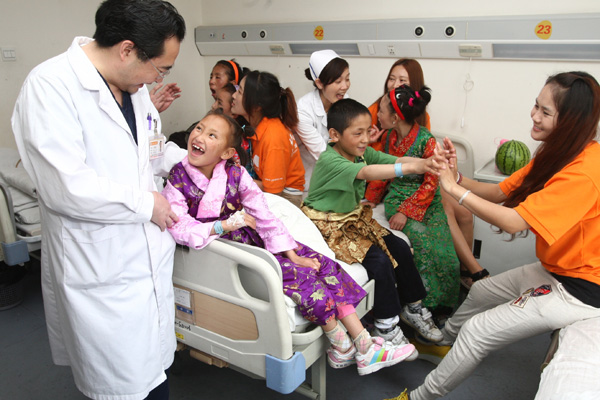 |
|
Staff and volunteers hold a birthday party for five children at Shanghai Yuanda Hospital.Wang Rongjiang / for China Daily |
Many readers will be familiar with the image of a pretty nurse with a sweet smile who adorns ads in newspapers, on television and the Internet, among other places, promoting the service of hospitals that offer cosmetic surgery and treatments for skin conditions and infertility.
However, less well-known is the fact that these same hospitals are run by a group of billionaires from Putian, a prefectural-level city in Fujian province, and a large number of them are even from the same town.
Statistics from the National Health and Family Planning Commission show that as of October, 10,877 private hospitals were operating in China, and of those, about 8,000 were run by people from Putian, where more than 60,000 residents are engaged in the medical and healthcare industries.
Their habit of crisscrossing the country to conduct their businesses has even led to a nickname: "the itinerant physicians of Putian".
The story began with Chen Deliang, a 64-year-old resident of Dongzhuang town, which lies within the boundaries of Putian. Chen, whose grandfather was a physician, gained some basic knowledge of traditional Chinese medicine as a child. Then, from the age of 20, he moved around various cities and worked as a "barefoot doctor", providing basic, but essential, medical treatment for people in remote rural areas.
In the early 1980s, during a stint in Guangzhou, Guangdong province, an experienced barefoot doctor taught Chen a special treatment for scabies, a painful, infectious condition caused by mites that burrow under the skin. At the time, scabies was widespread and extremely difficult to cure, but the treatment, which used a combination of nitric acid, mercury and vinegar, turned out to be an effective weapon in the barefoot doctors' arsenal, Chen recalled.
The medicine, which sold for 2 yuan (32 US cents) a bottle cost only 0.2 yuan to make. Its popularity meant that Chen could make about 200 yuan a day at a time when public servants earned about 30 yuan a month.
Chen's rapidly expanding fortune resulted in an ever-increasing number of people in Dongzhuang town beating a path to the young man's door to learn the recipe.
Eight students attended Chen's first classes, including Zhan Guotuan and Huang Defeng, both of whom are now tycoons in the private-hospital industry.
The students passed their knowledge on to other people and the resultant ripple effect resulted in a large number of people in Putian learning the skill.
The trend was also noticed by the authorities, who began offering medical courses in the city and ordered the "itinerant physicians" to return to the city to pursue their studies and pass an exam before they were allowed to work as semi-qualified practitioners, although none has the right to call him or herself a physician.
"The certificate issued by the authorities provided official credentials for me and my followers to visit different provinces and treat patients," Chen said.


 Delta launches nonstop Seattle-Hong Kong flight
Delta launches nonstop Seattle-Hong Kong flight
 Consul general welcomed
Consul general welcomed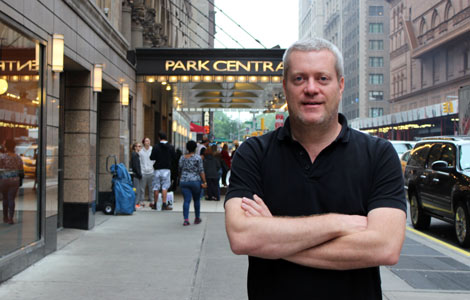
 Developer of Alibaba film in talks for US TV screening
Developer of Alibaba film in talks for US TV screening
 Opera explores death of a Chinese-American soldier
Opera explores death of a Chinese-American soldier
 Popular Chinese TV show expands auditions to US
Popular Chinese TV show expands auditions to US
 World Cup fever grips Chinese soccer fans
World Cup fever grips Chinese soccer fans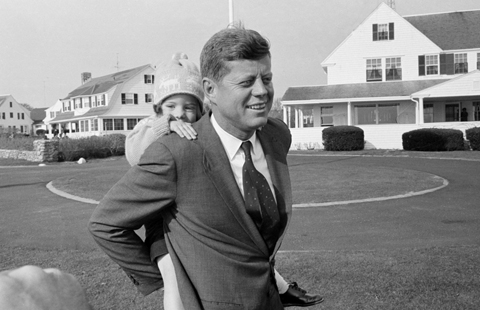
 Tender moments of world leaders with their children
Tender moments of world leaders with their children
 Chinese fleet joins others for RIMPAC exercise
Chinese fleet joins others for RIMPAC exercise
Most Viewed
Editor's Picks

|

|

|

|

|
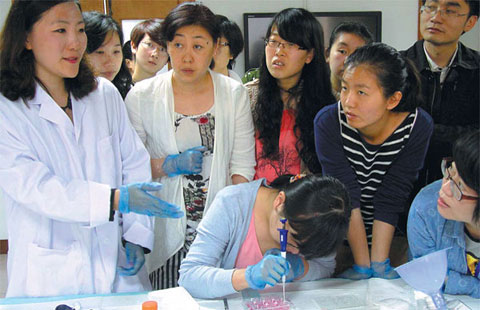
|
Today's Top News
China's Alibaba submits updated prospectus
Turmoil in Iraq 'certain to affect China oil prices'
China lowers US debt for third straight month
US Navy ship with 550 Marines entering Gulf
US should 'attune itself to China's rise'
China blasts comments on S China Sea controversy
US hay helping China's dairy needs
Straits ties to expand despite pact suspension
US Weekly

|

|
